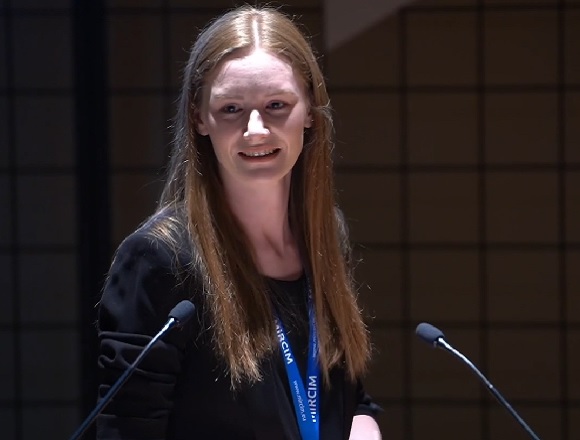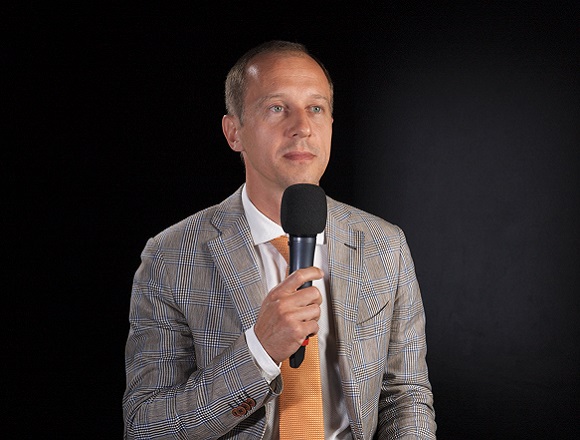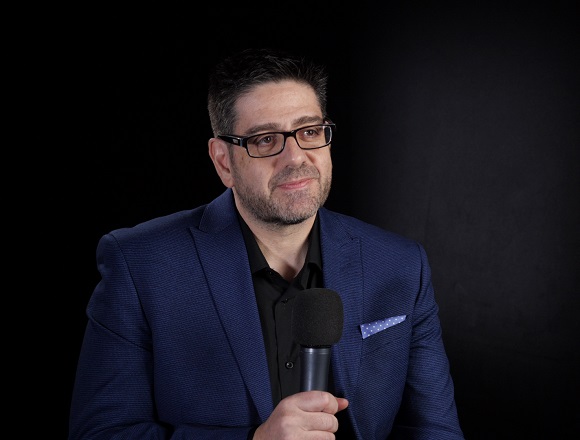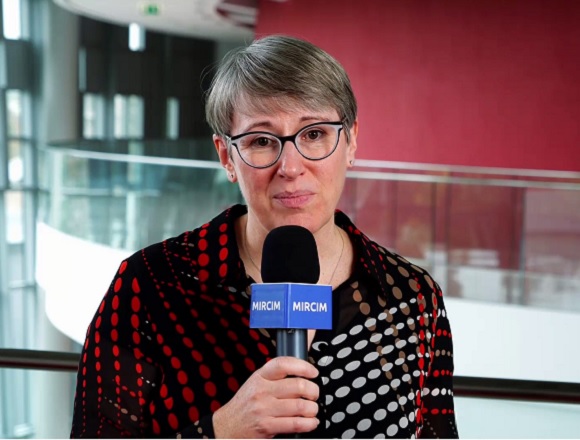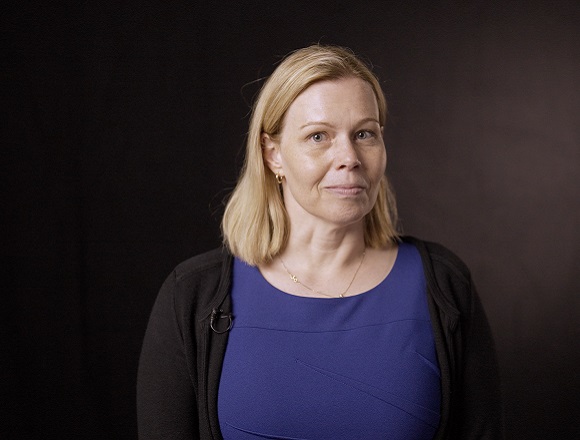Reinold Gans, MD, PhD, is a professor of medicine at University Medical Center Groningen, the Netherlands, where he served as head and chair of the department of medicine for 25 years. He is chair of the European Union of Medical Specialists, Section of Internal Medicine. He chaired the committee introducing competency-based medical education (CBME) in post-graduate training in the Netherlands for all medical specialties.
Competency-based medical education (CBME) puts a number of new demands on teachers. Do you recognize this phenomenon in your own practice?
Reinold Gans, MD, PhD: It’s a good question. And yes, we do. CBME is an outcome-based education and people often have to be put in a different frame of mind, I would say.
At the same time, I do not think it’s so difficult. I would say, take an interest in the residents that you have to educate. Do a check-in, through which I mean, ask the resident what it is they would love to have feedback on when working either in an outpatient clinic, or in an emergency room (ER), or on a ward. If you do that, you only actually can prepare yourself to give them feedback, and I would say CBME is all about formative feedback; trying to coach someone to become a better person than he or she already is. And if you do it in a way like that, I would say it wouldn’t take too much time to give feedback. Then it only takes one minute to scribble it down or put it in a portfolio.
And if we do that altogether, the implementation of CBME is not so difficult, but it will mean a change in your practice. But if you really like your residents and you want to invest in them, you only need a little bit of time to do that.
 English
English
 Español
Español
 українська
українська

